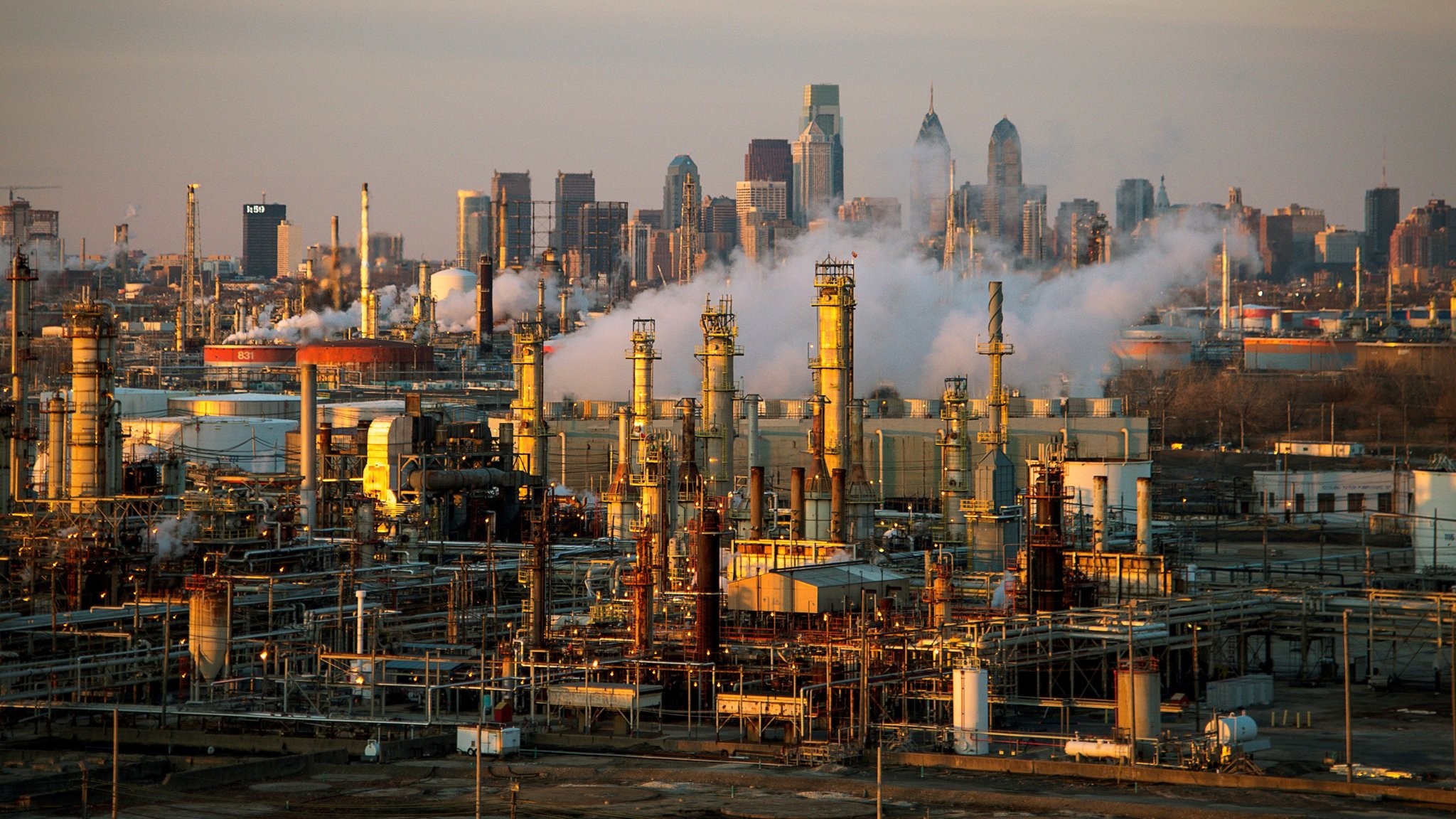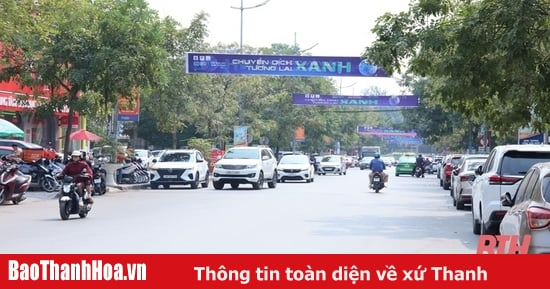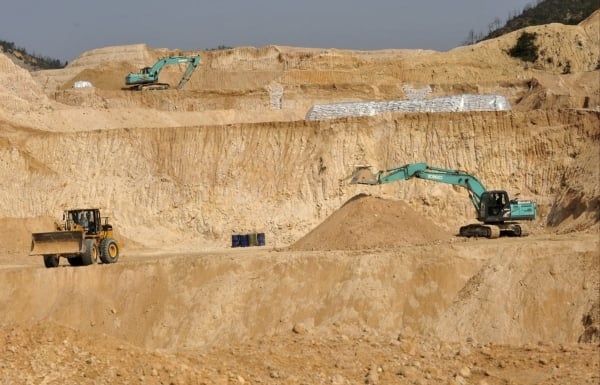The European Union's (EU) import fees on carbon-intensive products are expected to have a limited impact on climate change and only a mild negative impact on economies in Asia and the Pacific, according to a study by the Asian Development Bank (ADB).
The EU's Carbon Border Adjustment Mechanism (CBAM), due to come into force in 2026, will impose import fees on products such as steel, cement and electricity, based on the amount of CO2 emissions emitted during their production.
These fees are intended to limit “carbon leakage,” which results from polluters moving production from countries with strict regulations or high carbon prices to countries with less strict regulations or lower prices.
However, statistical modeling shows that CBAM is likely to reduce global carbon emissions by less than 0.2% compared to an emissions trading scheme with a carbon price of 100 euros ($108) per tonne and no carbon tax.
At the same time, these fees could reduce global exports to the EU by about 0.4% and Asian exports to the EU by about 1.1%, while negatively affecting the output of some EU manufacturers, according to the Asian Economic Integration Report (AEIR) 2024 released on February 26.

The EU's Carbon Border Adjustment Mechanism (CBAM), due to come into effect in 2026, will impose import fees on products such as steel, cement and electricity, based on the amount of CO2 emissions emitted during their production. Photo: Financial Times
“The fragmented nature of carbon pricing initiatives across sectors and regions, including CBAM, can only partially mitigate carbon leakage,” said ADB chief economist Albert Park.
“To significantly reduce global carbon emissions and ensure more effective and sustainable climate efforts, carbon pricing initiatives need to be expanded to regions beyond the EU, especially Asia,” said Mr. Park.
Asian sub-regions with a larger share of carbon-intensive exports to Europe, especially Central and West Asia, will be more negatively affected by the CBAM mechanism and the EU emissions trading system.
Given the expected distributional impacts, particularly for developing economies in Asia, appropriate incentive mechanisms are needed to promote widespread adoption of carbon pricing, the report says.
The report also recommends measures to decarbonize international trade and global value chains. Carbon emissions from these sources are growing faster than other sources, and are also growing faster in Asia than in other regions.
Among the recommendations are the implementation of targeted policies to encourage the purchase of climate-friendly products and services; support environmental regulations and standards; facilitate the transfer of green technology; and support governments and international organizations to promote green investment and infrastructure.
The report further calls for global cooperation to develop widely accepted accounting frameworks that can effectively track emissions in products and services.
Among other key findings, the AEIR 2024 found that despite concerns about the risk of global dispersion, global value chains in Asia have recovered well from the Covid-19 pandemic.
While the regionalization of global value chains has progressed in recent years in Asia, the report finds no clear signs that “reshoring” is gaining traction in Asia or globally .
Minh Duc
Source





![[Photo] Looking back at the impressive moments of the Vietnamese rescue team in Myanmar](https://vstatic.vietnam.vn/vietnam/resource/IMAGE/2025/4/11/5623ca902a934e19b604c718265249d0)
![[Photo] "Beauties" participate in the parade rehearsal at Bien Hoa airport](https://vstatic.vietnam.vn/vietnam/resource/IMAGE/2025/4/11/155502af3384431e918de0e2e585d13a)


























![[Photo] Summary of parade practice in preparation for the April 30th celebration](https://vstatic.vietnam.vn/vietnam/resource/IMAGE/2025/4/11/78cfee0f2cc045b387ff1a4362b5950f)



























































Comment (0)